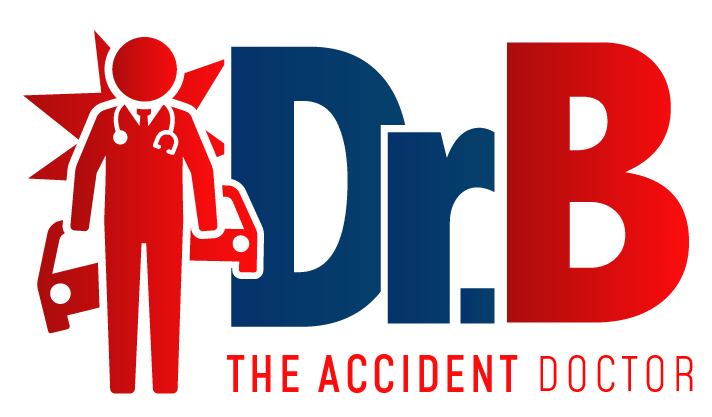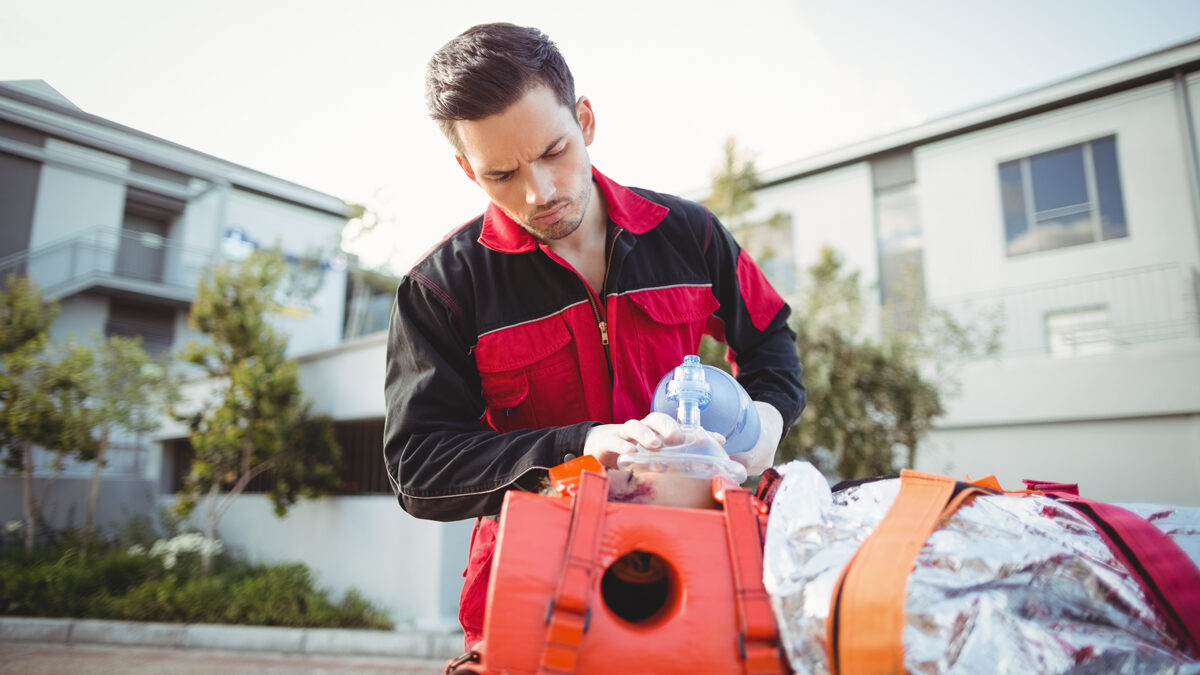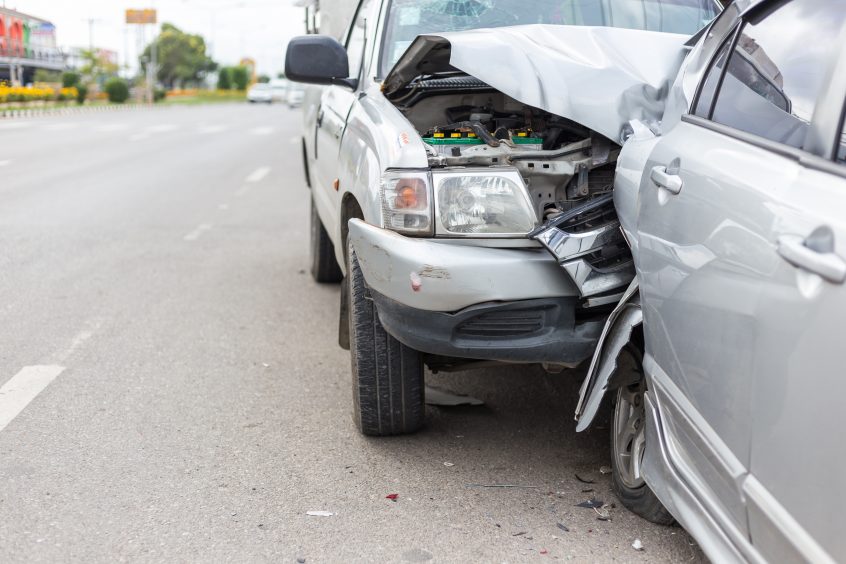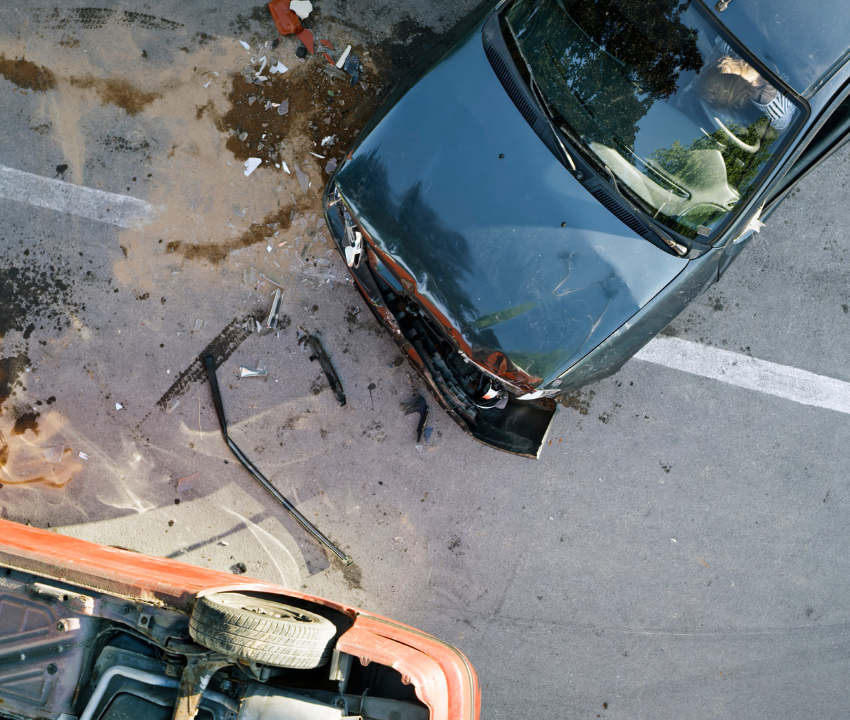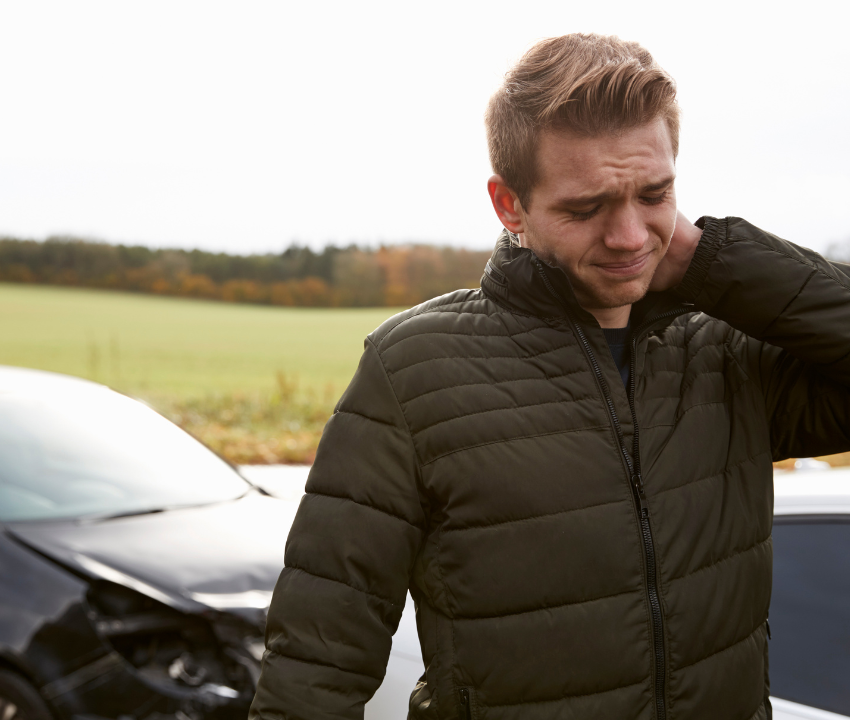Possible Injuries After Car Accident 2021

A car accident can cause serious injuries to virtually any part of the body.
The following are some of the most common injuries suffered by motor vehicle accident victims and some of the car crash stats for 2019:
Traumatic brain injuries (TBI)
Car accidents are a leading cause of TBI, which occurs when the brain is damaged by a blow or a piercing injury to the head. Each year, 50,000 people die from TBI and another 80,000 to 90,000 suffer long-term disability.
Spinal cord injuries and paralysis (quadriplegia/tetraplegia and paraplegia)
The impact of a crash and torque on the body can cause long-term disability from spinal cord injuries. Damage to the spinal cord can result in partial or total paralysis below the level of the injury.
Back Injuries
The human body and spine are not designed to sustain heavy impact, and back injuries are a common result of car accidents. Back injuries may be delayed in showing up after an accident. The pain and disability from a serious back injury can be serious and long-lasting.
Burns
If a vehicle catches fire after a crash or if skin comes into contact with hot fluids, surfaces, steam or chemicals, the occupants can suffer burns. Very severe burns may require surgery and skin grafting.
Internal injuries
When a crash forces the body into an object, or the body is hit by flying debris, damage to internal organs may occur. Internal bleeding from this type of injury requires emergency medical treatment.
Fractures and broken bones
Broken legs, ribs, arms, ankles, and wrists are common in car accidents. Some car accident victims suffer a broken pelvis. Severity ranges from simple breaks that require a cast to serious breaks or compound fractures that may require surgery to repair.
Disfiguring facial injuries and scars
Facial injuries in car accidents can be caused by broken glass or by impact with a steering wheel, dash, windshield, airbag, side window, car seat or any hard surface. Disfigurement from facial injuries may require surgical correction and could leave a victim with a lasting scar.
Limb loss and amputation
An arm, leg, finger, toe or other appendages can be severed in a crash or damaged severely enough to require surgical amputation. This type of injury can have permanent disabling effects on the victim.
Neck injuries and whiplash
Whiplash is the common name for muscle, ligament and tendon injuries like neck pain after injury to the soft tissue of the neck that can happen in a car accident. Speeds as low as 15 mph can cause whiplash, with or without a seatbelt. Severe disk injury and cervical dislocation can also result from car accidents.
Knee injuries
Knees can be injured in car crashes by smashing into any part of the vehicle. Wounds range from bruises to multiple fractures. The meniscus, or cartilage in the knee, can tear if the knee is twisted or turned abruptly in a crash.
Foot and ankle injuries
Toe, feet, and ankle strains, sprains and fractures are common in car accidents. Feet and toes can also be severed in a crash.
Shoulder injuries
Shoulder injuries can result from force absorption after bracing the hands against the steering wheel or dashboard in a motor vehicle crash. The shoulder locks in position and receives excessive force from the impact of the collision.
Wrist and hand injuries
Distal radius fractures (broken wrists) are very common in car accidents. This type of injury may require surgery, depending on the severity of the fracture.
Lacerations, bruises and “road rash”
Broken glass, torn sheet metal or flying objects can cause lacerations. Bruises are caused by the impact of the body against any object, or vice versa. Road rash is abrasion caused by friction from being dragged or skidding on pavement or concrete.
Crush injuries
Any part of the body caught between two objects being pushed together under pressure can sustain crush injury. Minor bruising and lacerations or serious damage to tissue, organs, muscles and bones can result.
Soft tissue injuries
Sprains, strains, bruising, and other damage to muscles, tendons, and ligaments (soft tissue injuries) are very common in automobile accidents. This type of injury can be painful and long-lasting.
Post-Traumatic Stress Disorder
Not all car accident injuries are physical. You might suffer from mental and emotional injuries because of a car accident. You might have post-traumatic stress disorder, and things that used to be routine may become worrisome and even impossible. You may be able to recover for your mental health treatment and emotional suffering after a car accident.
